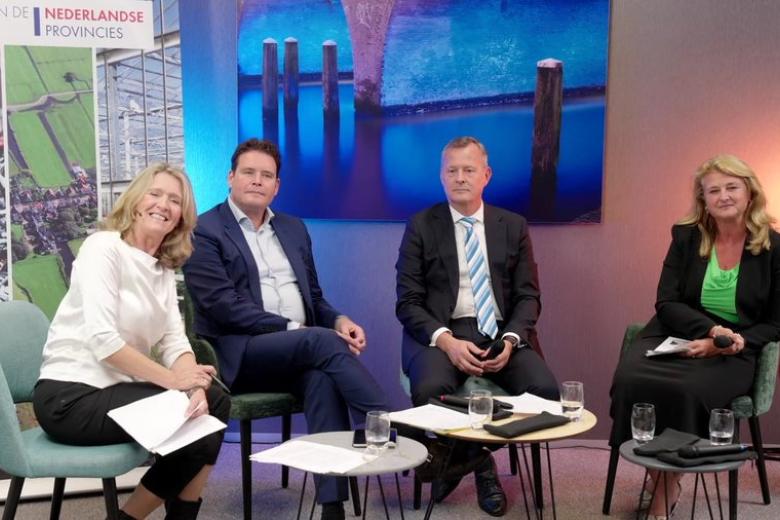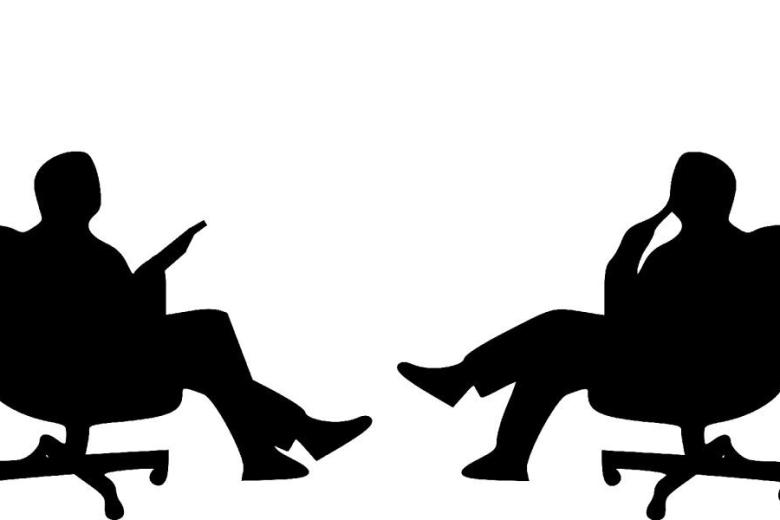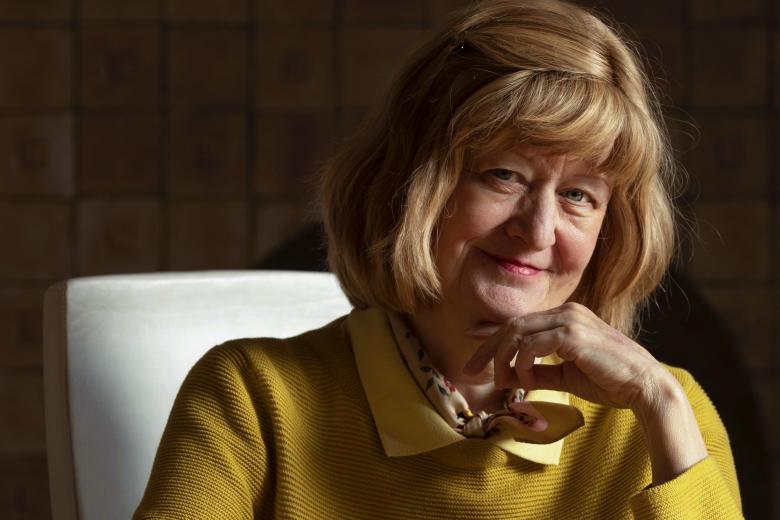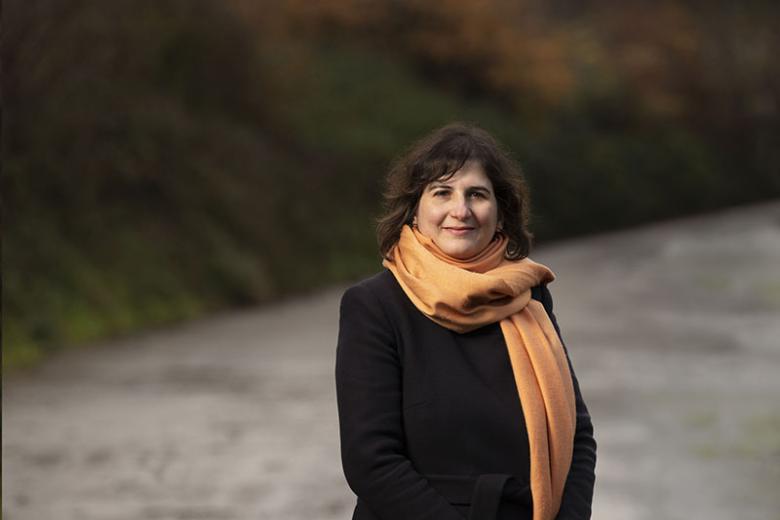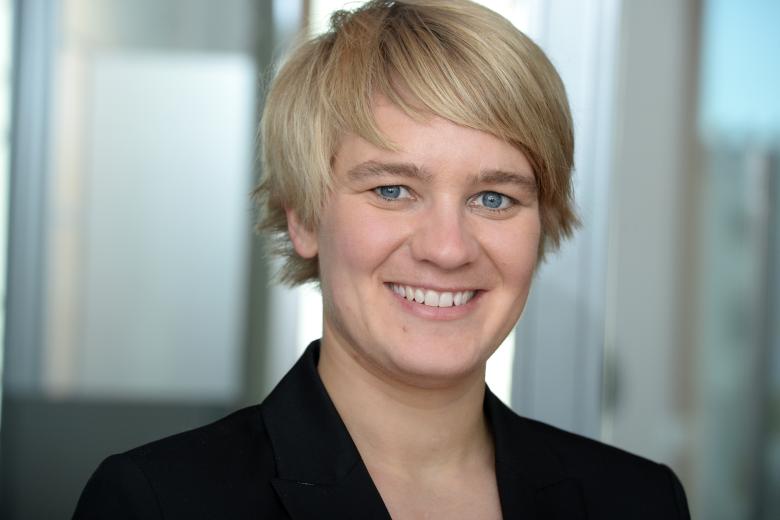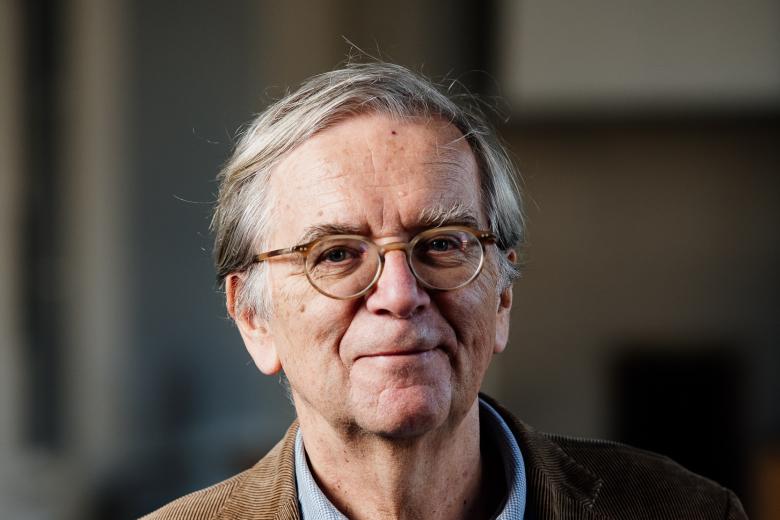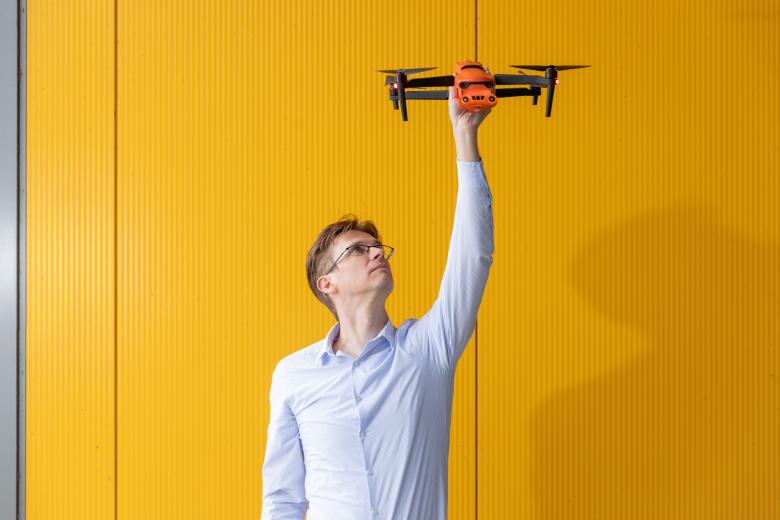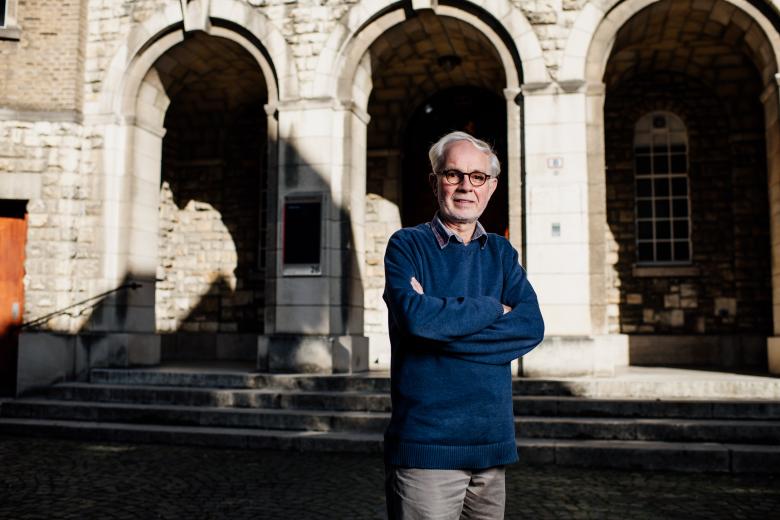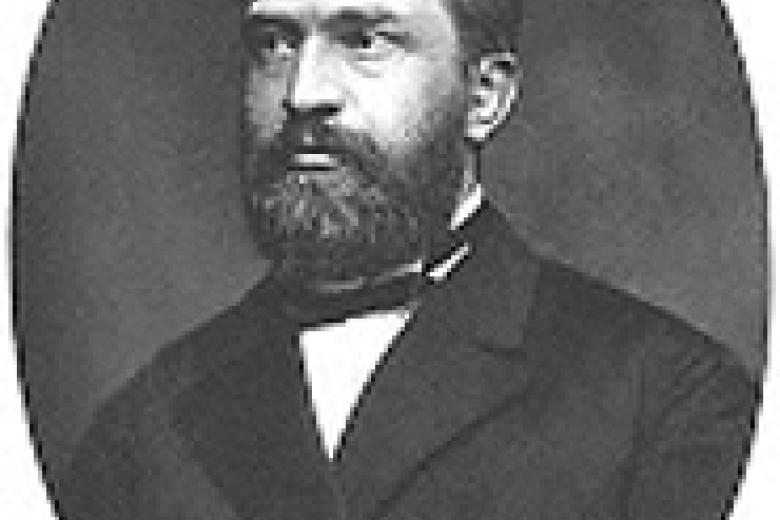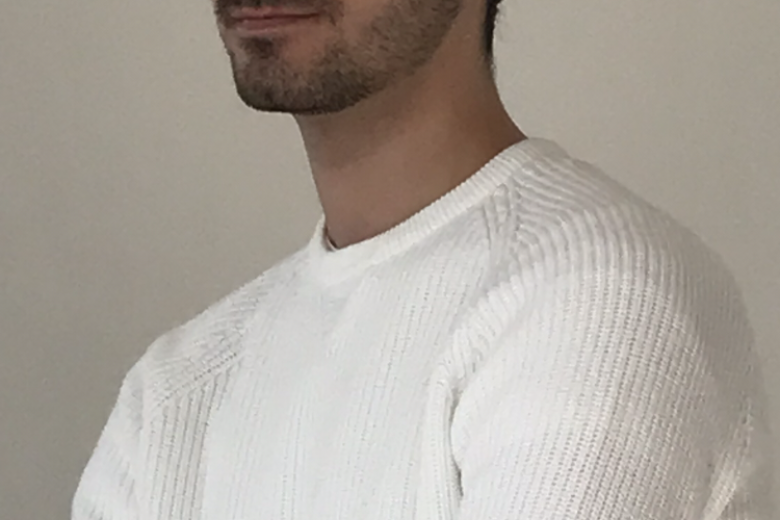The future of sustainable infrastructure is here; and we need a strategic vision
27 September 2023, Brussels | “The green transition in mobility is going well, but it could be a lot better. Until 2040 and 2050, the infrastructure we need to build, will be impossible to achieve on an individual level.” With this conclusion, Turi Fiorito director of the European Federation of...
